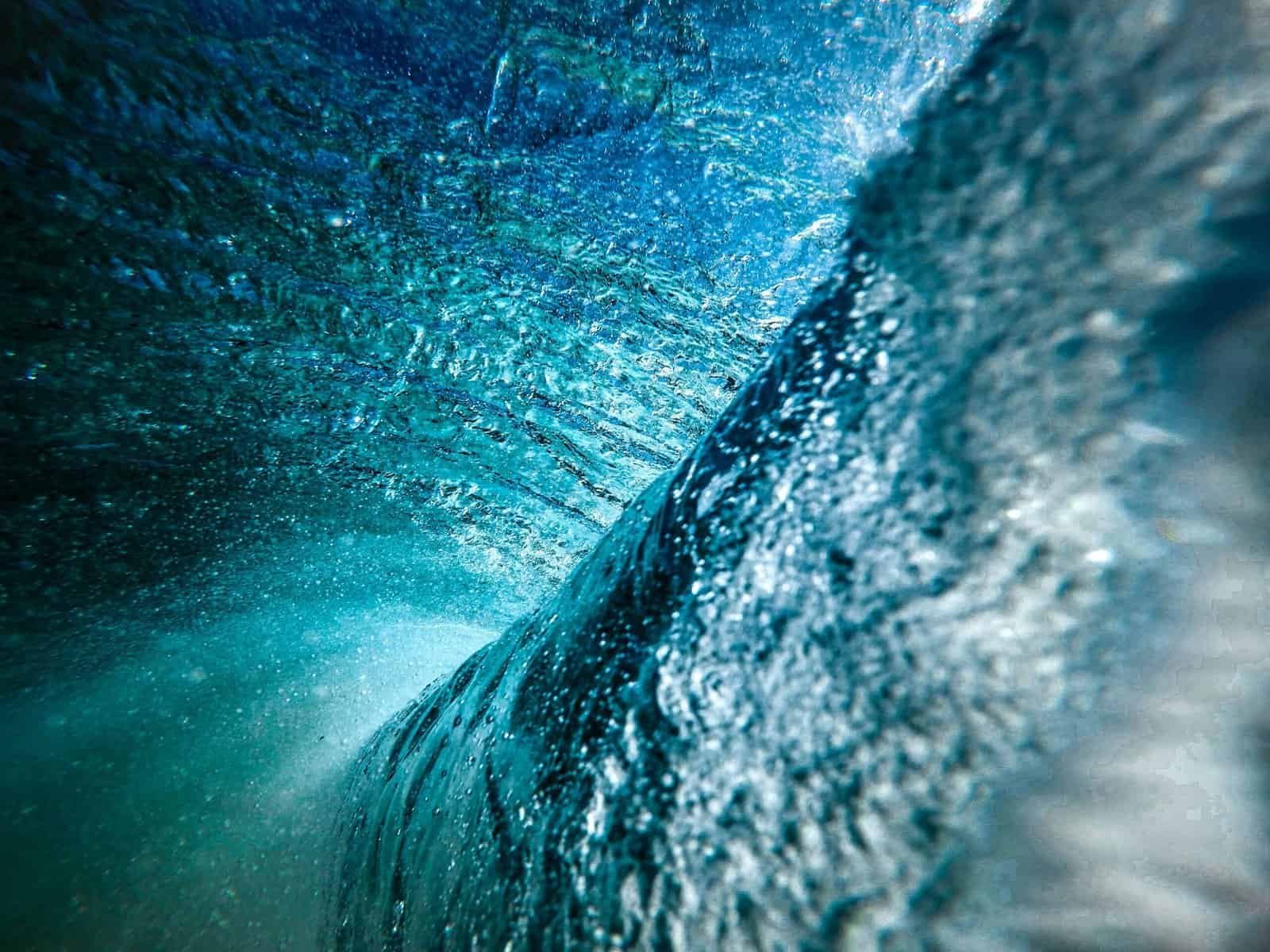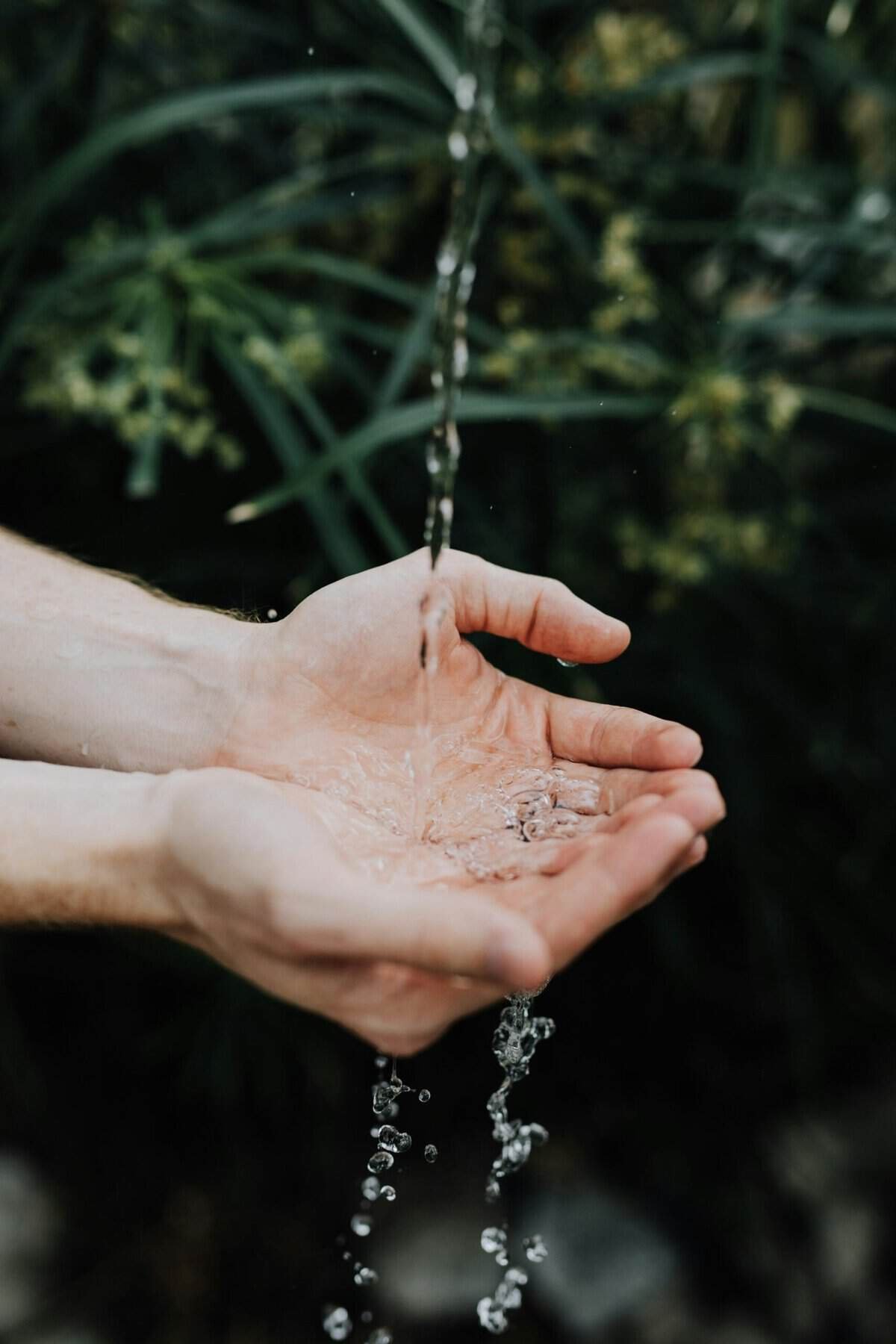Have you ever found yourself scratching your head, wondering where to begin when it comes to understanding residential water wells? The topic may seem daunting at first, but with a little guidance, you’ll be well on your way to becoming an informed homeowner. Fortunately, the internet is brimming with resources to help you grasp everything from basic concepts to advanced knowledge about residential water wells. This guide will walk you through some of the best online resources available to enhance your comprehension of water wells.
Understanding Residential Water Wells
A solid foundation in the basics is crucial if you’re planning to learn about residential water wells. It’s like building a house; you need to understand the groundwork before you can delve deeper into more complex aspects.
What Are Residential Water Wells?
Residential water wells are structures created to access groundwater for household use. The depth and construction of these wells depend on various factors, including the geographical location and the water table’s level. Understanding the well types and construction methods can feel overwhelming, but it’s a crucial first step.
Why Learn About Residential Water Wells?
Knowing about residential water wells is more than just an academic pursuit; it’s about making informed decisions regarding your home’s water supply. Whether you’re planning to purchase a property with a well, maintain your current well, or just broaden your general knowledge, understanding the ins and outs of water wells is incredibly beneficial.
The Role of Online Resources
In today’s digital age, online resources are an invaluable asset for learning about almost anything, and residential water wells are no exception. With just a click, you can access a wealth of information that can turn an otherwise complex subject into something manageable and even enjoyable.
Benefits of Online Learning
Online resources provide flexibility, allowing you to learn at your own pace and on your schedule. Additionally, the vast array of available resources means you can choose those that best fit your learning style, whether that’s videos, articles, or interactive courses.

Top Websites for Learning About Residential Water Wells
When embarking on your learning journey, you might wonder where to begin. Let’s explore some highly regarded websites that offer exceptional information about residential water wells.
1. The National Ground Water Association (NGWA)
The NGWA is an excellent starting point for anyone interested in groundwater and wells. Their website is a treasure trove of information, offering a library of resources ranging from technical papers to informative articles. The NGWA not only caters to industry professionals but also provides homeowner-friendly content that breaks down complicated concepts into easily digestible parts.
- Key Features: In-depth articles, downloadable resources, and educational videos.
- Website: NGWA
2. U.S. Environmental Protection Agency (EPA)
The EPA’s website offers detailed information on well management, with a particular focus on water quality and safety. Their guidelines are crucial for homeowners seeking to ensure that their well water meets health standards.
- Key Features: Guidelines on water quality, well management tips, and regulatory information.
- Website: EPA – Ground Water and Drinking Water
3. Wellowner.org
Wellowner.org, operated by the NGWA, provides a wealth of easy-to-understand information tailored for private well owners. From maintenance tips to water testing recommendations, it’s a great resource for both new and experienced well owners.
- Key Features: Maintenance tips, troubleshooting guides, and water testing information.
- Website: Wellowner.org
4. The International Association of Certified Home Inspectors (InterNACHI)
InterNACHI’s website offers a comprehensive guide to understanding residential water wells from a home inspector’s perspective. If you’re planning to buy a property with a well or just want to ensure your existing well’s integrity, their resources are invaluable.
- Key Features: Home inspection checklists, well inspection techniques, and homeowner resources.
- Website: InterNACHI – Water Quality/Well Testing
Video and Interactive Learning Platforms
If you prefer learning through videos or interactive content, you’re in luck. Visual and interactive resources can often simplify challenging concepts and provide a more engaging learning experience.
5. YouTube
YouTube can be a wonderful place to find educational videos on residential water wells. Channels like “Aqua Science” and “Water Well Drillers TV” provide useful visual content ranging from installation processes to maintenance advice.
- Pros: Visual explanations, step-by-step guides, diverse perspectives.
- Cons: Varying degrees of quality; it’s crucial to choose reputable channels.
6. Coursera and Udemy
Both Coursera and Udemy offer courses that can expand your understanding of water systems, including residential water wells. Whether you’re interested in a basic overview or a detailed stint into groundwater engineering, you can find courses that suit your needs.
- Key Courses: Water sustainability, groundwater resources.
- Pros: Structured learning, professional instructors.
- Cons: Some courses may require a fee.

Academic and Technical Journals
For those who crave more in-depth information, academic journals provide detailed studies and findings on various aspects of residential water wells.
7. Journal of Groundwater
This peer-reviewed journal offers detailed articles and case studies on groundwater research. Although it’s more technical, it’s an invaluable resource for understanding advanced concepts about water wells.
- Access: Some articles may require subscriptions, but many institutions provide access through libraries.
8. Environmental Science and Technology
Focusing on the intersection of environment and technology, this journal often features studies on water quality and groundwater management—essential reads for those who want to delve deeper into challenges and innovations in the field.
- Access: Available via academic institutions and some articles are freely accessible online.
Government and Public Health Websites
Government resources can provide you with trustworthy guidelines and data, especially regarding safety regulations and water quality standards.
9. Centers for Disease Control and Prevention (CDC)
The CDC offers comprehensive guidelines on water safety and facts about contaminants that could affect wells. This knowledge is critical for maintaining a healthy water supply.
- Key Features: Health information, safety guidelines.
- Website: CDC – Private Ground Water Wells
10. Health Departments
Your local health department can provide tailored information specific to your geographical location. From water testing to local regulations, they offer essential details required for well maintenance and safety.
- Website: Typically, each state or county has its own website which can be located by a quick internet search.

Discussion Forums and Online Communities
Never underestimate the value of learning from those with firsthand experience. Online communities and forums allow you to ask questions, share knowledge, and connect with other well owners or professionals.
11. Reddit
Subreddits like r/Plumbing and r/HomeImprovement can be useful places to ask questions and get advice from experienced individuals who have faced similar challenges with their wells.
- Pros: Real-world advice, a wide community base.
- Cons: Not all advice may be accurate; it’s wise to cross-check with verified sources.
12. Online Communities and Social Media Groups
Facebook groups and even some LinkedIn forums cater specifically to water well enthusiasts and professionals. By joining these communities, you can stay updated with the latest practices, news, and technologies.
- Pros: Community engagement, up-to-date information.
- Cons: Require time and active participation to gain significant insights.
Summary Table of Key Resources
| Resource Type | Resource | Best For | Website/Platform |
|---|---|---|---|
| Website | National Ground Water Association (NGWA) | In-depth articles, videos | NGWA |
| Website | U.S. Environmental Protection Agency (EPA) | Water quality, safety guidelines | EPA |
| Website | Wellowner.org | Maintenance tips, troubleshooting | Wellowner.org |
| Website | InterNACHI | Home inspection resources | InterNACHI |
| Videos & Interactive Learning | YouTube | Visual guides | YouTube, search relevant channels |
| Videos & Interactive Learning | Coursera and Udemy | Structured courses | Coursera, Udemy |
| Journal | Journal of Groundwater | Advanced studies | Institutional Access Required |
| Journal | Environmental Science and Technology | Research and technology | Institutional Access Required |
| Government and Public Health | Centers for Disease Control and Prevention (CDC) | Health guidelines | CDC |
| Government and Public Health | Local Health Departments | Local regulations, advice | Local Department Websites |
| Discussion Forums & Communities | Community advice | Reddit search relevant subreddits | |
| Discussion Forums & Communities | Facebook/LinkedIn Groups | Engagement, updates | Search relevant groups |
In conclusion, a plethora of online resources are accessible to anyone eager to learn about residential water wells. From comprehensive websites and engaging videos to insightful journals and supportive online communities, there’s a wealth of knowledge waiting to be explored. With the right resources at your fingertips, acquiring a solid understanding of residential water wells can not only be feasible but also an immensely rewarding endeavor. So, are you ready to take that next step in your learning journey?


